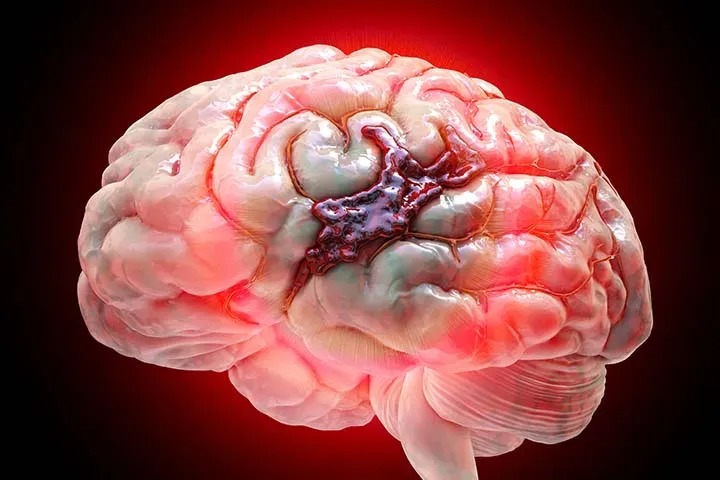CALL US NOW :
MAILING ADDRESS :
LOCATION ADDRESS :
NALLAGANDLA
NALLAGANDLA
Mon – Fri 9 am–3 pm, 5–8 pm
Sat: 9 am–5 pm
Sunday: Closed

A brain hemorrhage, also known as intracerebral hemorrhage, occurs when a blood vessel in the brain ruptures, leading to bleeding in or around the brain. This can cause brain tissue damage and lead to life-threatening complications if not treated promptly. Brain hemorrhages can result from trauma, high blood pressure, aneurysms, or other medical conditions.
A brain hemorrhage occurs when there is bleeding in or around the brain, leading to a sudden and severe headache, nausea, vomiting, and loss of consciousness. This condition requires immediate medical attention to prevent further complications and potentially fatal outcomes.
Trauma or Head Injury:
High Blood Pressure (Hypertension):
Aneurysms:
Blood Vessel Abnormalities:
Blood or Bleeding Disorders:
Liver Disease:
Brain Tumors:
Drug Abuse:
Symptoms of a brain hemorrhage can vary depending on the location and severity of the bleed. Common signs include:
Sudden Severe Headache:
Nausea and Vomiting:
Weakness or Numbness:
Difficulty Speaking or Understanding Speech:
Vision Problems:
Seizures:
Loss of Balance or Coordination:
Loss of Consciousness:
Emergency Medical Care:
Medications:
Surgical Intervention:
Rehabilitation:
Dr. Tanusree Chakraborty is highly experienced in managing brain hemorrhages, particularly those involving complex neurovascular issues. She can provide an in-depth evaluation, imaging studies (like CT or MRI scans), and guide patients through both surgical and non-surgical treatment options. Her expertise in neuro and spine care ensures a comprehensive approach, from emergency intervention to post-recovery rehabilitation.
Consulting with Dr. Chakraborty will ensure that you or your loved one receives the best possible care for managing a brain hemorrhage, tailored to the individual’s condition and health needs.
Would you like assistance with booking an appointment or getting more details about her clinic? Contact Us